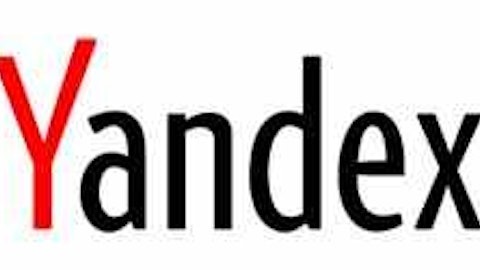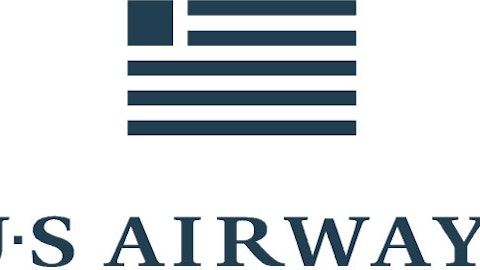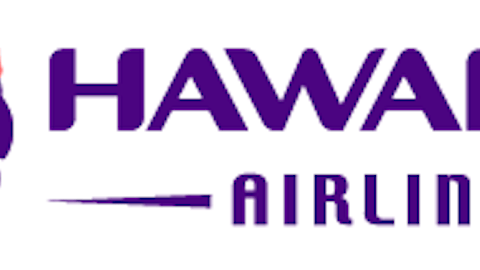As the summer flying season winds down, a couple of the major carriers have reported items that should positively impact their results and stock prices. It looks like the industry may indeed be in store for more consistently good earnings. Plus, the companies themselves are showing readiness to resume growth trajectories.
Take a look at these recent developments and decide how airlines’ summer quarter earnings may trend. Also, some perspective for the long term may be gained from these moves.
United Continental Holdings Inc (NYSE:UAL) bringing back pilots
The announcement by United Continental that it is recalling 600 pilots, about 5% of its total, arrives as air traffic figures are climbing. Delta Air Lines, Inc. (NYSE:DAL) had also mentioned that it is intending to hire about 300 pilots.
These largest carriers tend to set trends for the entire industry in terms of seating capacity additions and airfare increases. The employee recalls are indicative that the industry has rebounded at least to the point it was prior to the 2008 financial crisis.
United Continental Holdings Inc (NYSE:UAL) has notably been keeping capacity flat to low year over year as it aims to improve efficiency and contend with intra-domestic competitors. Returning pilots might be put to work on international routes primarily, as the airline continues to build its overseas presence.
Delta places aircraft order
Delta Air Lines, Inc. (NYSE:DAL) followed up United Continental Holdings Inc (NYSE:UAL)’s Boeing and Airbus fleet additions earlier this year by ordering 40 new Airbus aircraft for delivery between 2015 and 2017.
The order is yet another event confirming the view that the industry has stabilized and is on track for steady profitability. It is probable that if positive conditions remain, the new aircraft will not be replacements, but rather new fleet additions.
Since 75% of the Airbus deliveries will be A321s, and mostly utilized on domestic routes, it appears that the carrier sees opportunities to expand within the U.S. It, too, is keeping capacity restrained for now. The other 25% — A330s to be precise — will likely be flown primarily overseas. Delta Air Lines, Inc. (NYSE:DAL)’s key international routes are largely transatlantic.
US Airways posts solid August traffic
Monthly traffic results normally do not reveal a great deal about overall earnings at an airline, because cost factors are excluded. But, US Airways Group Inc (NYSE:LCC) is certainly moving in the right direction, according to its August report.
First of all, growth in revenue passenger miles (air passengers flying one mile) significantly outpaced that of available seat miles (seating capacity). Specifically, traffic climbed 6.3% on a 5.6% capacity boost.
As a result, load factors (occupancy rates) remained higher versus last year. Importantly, passenger revenue per available seat mile (pricing) rose 5% year over year, though this may partly reflect the offsetting of fuel cost hikes.
The gist is that this carrier, whether or not it merges with American Airlines, a subject that will soon be discussed in court, is a strong, growing entity. US Airways Group Inc (NYSE:LCC) should fare well as a third U.S.-based international carrier as it gains steam in the transatlantic and Latin American markets.
Foolish take
Recent activity among the major international carriers should have positive ramifications down the road. They are likely to be expanding their networks and experiencing improved fuel efficiency from new aircraft. A decade of better airline earnings is under way, and apt to persist as long as the environment is favorable.
The article Signs Pointing Skyward for Major Airlines originally appeared on Fool.com and is written by Damon Churchwell.
Damon Churchwell owns shares of US Airways Group (NYSE:LCC). The Motley Fool has no position in any of the stocks mentioned.
Copyright © 1995 – 2013 The Motley Fool, LLC. All rights reserved. The Motley Fool has a disclosure policy.





